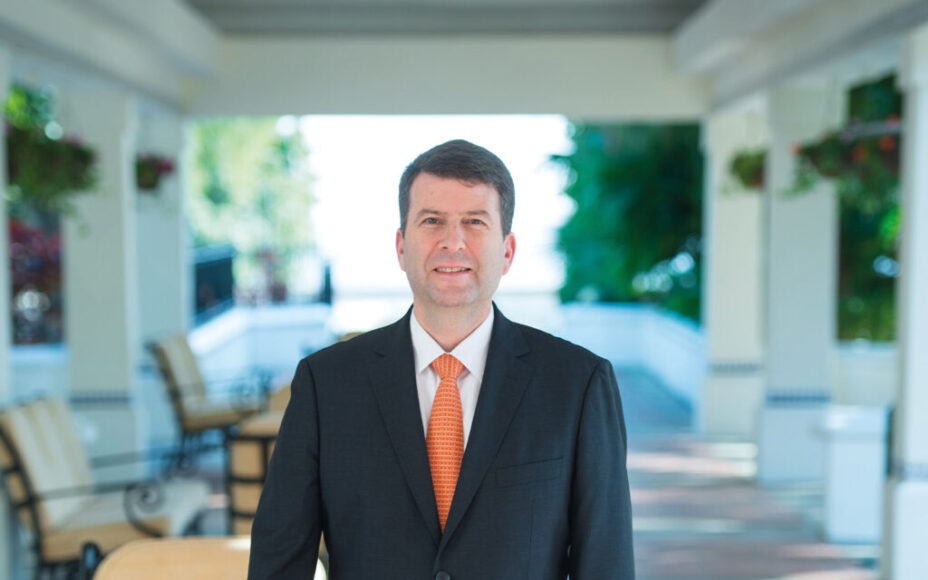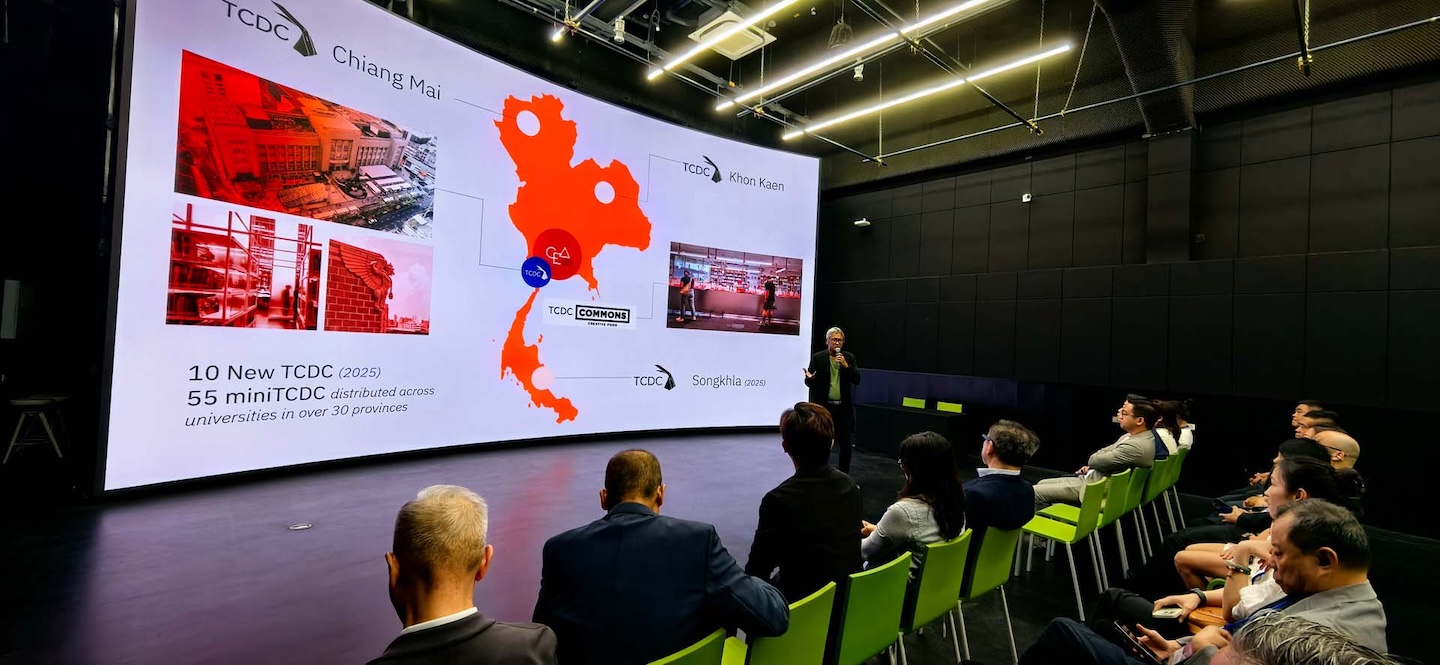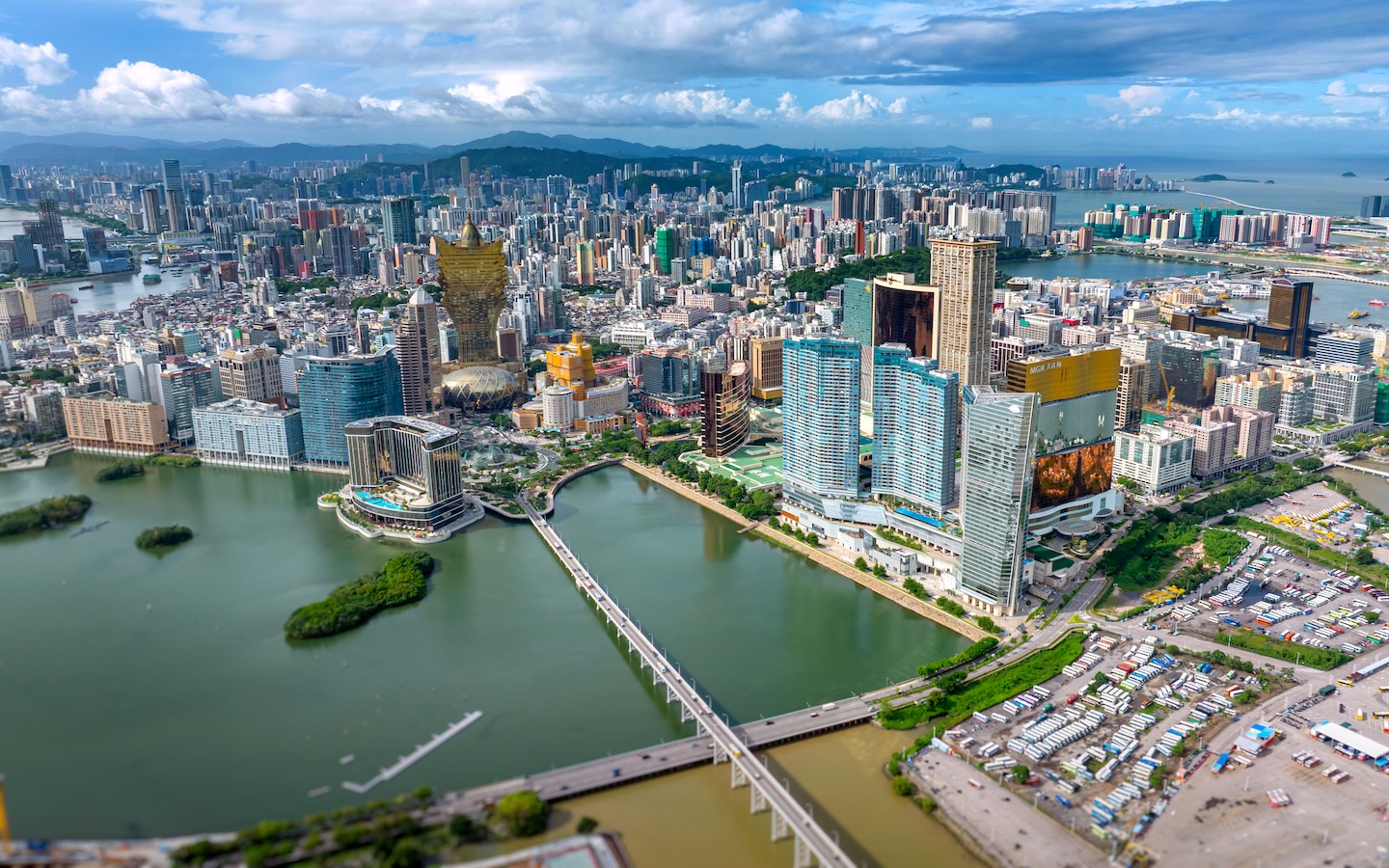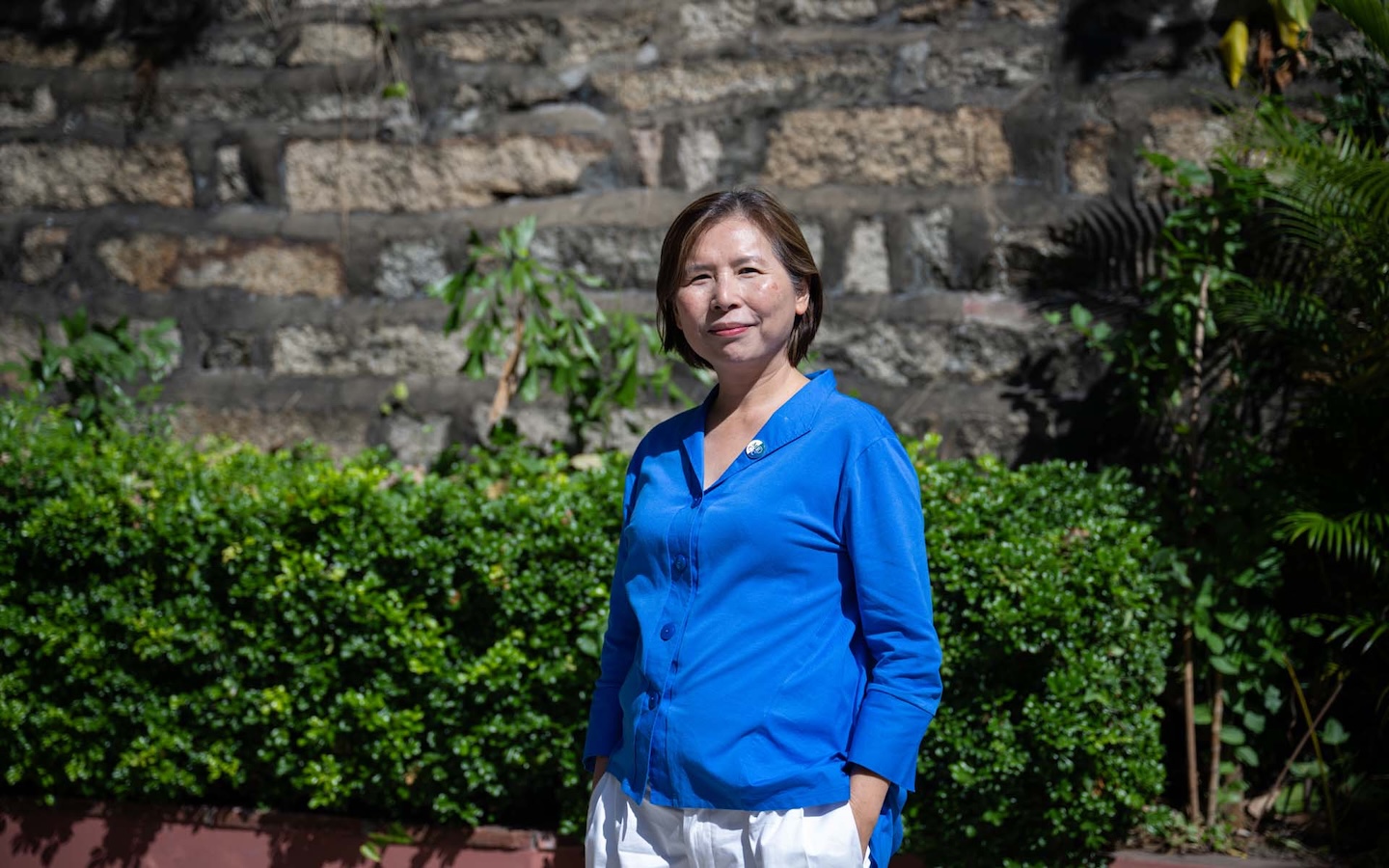Rutger Verschuren, who is the area vice president for Artyzen Hospitality Group, spoke with Macao magazine about the business environment in Macao for foreign companies – many of which are involved with the FMCC.
How do you view Macao’s economic progress over the past quarter century?
Macao is a major success story. I have seen the city evolve from an almost purely gaming environment to a much more diverse and well-connected region. We have opened up to the world a lot more. But the biggest change, I believe, is what will come over the next five years. The development of Hengqin and Macao’s further integration with the mainland.
Can you give us an idea of what foreign companies are operating in Macao?
Macao became a sort of a magnet after its return to the motherland. We saw companies from France, Japan, a lot from Portugal, Australia, the UK, the US and so forth coming here. When there is a region with growth, a lot of industries are keen to dive in.
In terms of French brands, it’s not just luxury goods, but also wines and food such as cheese, cognac and other liquors. Some watch brands, too, bags, accessories and clothing. Macao’s water treatment is handled by a French company – SUEZ – in partnership with the government (SUEZ provides the technology).
What attracts them here?
In the early 2000s, with Cotai’s development and the arrival of integrated resorts, it felt like Macao became a gaming hub overnight. So, all the accessory businesses – the connective businesses – flowed in. First, food and beverage. Then shopping and also technologies. As the city was growing in population, other services were needed and there was even more scope for growth.
Now, you have a high gross domestic product per capita, which is attractive for people bringing in consumer goods. Economically, the city is very stable. It’s a very safe place to live. English is widely spoken. And there’s great connectivity via the international airport, the bridge to Hong Kong and many ways to connect to the mainland. Macao also has an international feel to it, which is quite welcoming.
Is the ‘1+4’ economic diversification strategy a drawcard, too?
For sure. Macao is very serious about diversification, so any company that fits in with this diversification programme has quite a reasonable chance to succeed at getting established here. The four emerging industries are modern finance, big health with an emphasis on traditional Chinese medicines, high technology and MICE with cultural and sporting events.
All attract foreign investors and companies who want to see what they can do to contribute to Macao prosperity. And to see how they can prosper themselves from leaning on Macao’s success.
Tell us about Macao’s role as a springboard into the mainland.
Recently we have seen there is a clear trend that China is opening its borders to international visitors and companies. Macao has a very strong reputation as a springboard into the mainland, via Hengqin and the GBA. This is even more true today than it was in the past – especially for companies from Portuguese-speaking countries.
I must say that the Central Government is really giving an enormous positive push to all of this. The GBA has a clear plan for each of its cities and regions, for the greater good of the area. And the interconnection between the different cities is developing extremely well with new bridges left and right, new highways, railways, and so on. We are not a small, isolated region anymore.



